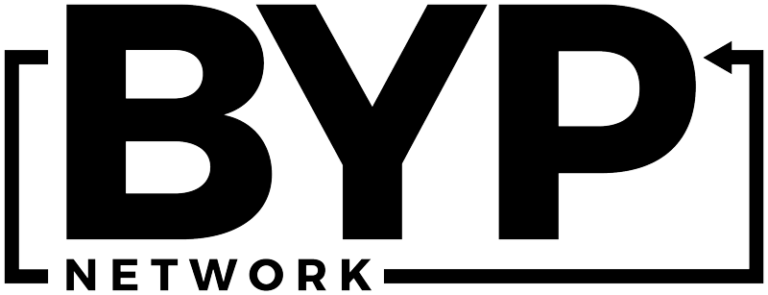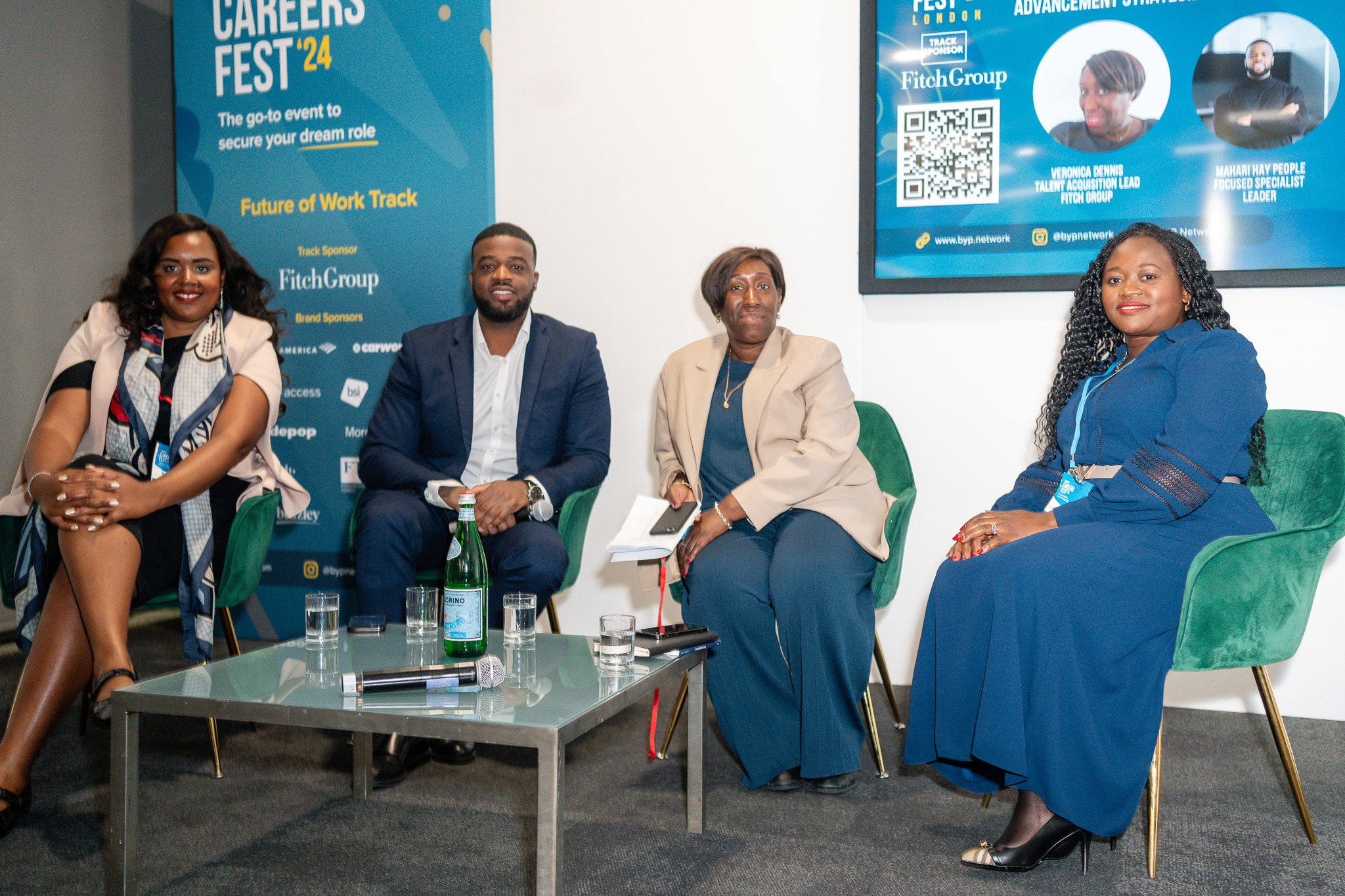Staying motivated whilst job hunting can be challenging. It is even more challenging if you’re still a student with assignment deadlines. Placement schemes and graduate schemes often have lengthy recruitment processes. From telephone interviews to situation reasoning tests as the first hurdle, trying to juggle assessment day schedules and assignment deadlines to then reaching the final stage whereupon reaching it, the first salary offer is underwhelming. But after all this work for many, they chose to accept what they’re given. The job landscape doesn’t change much after university. Instead of assignment deadlines, you are now juggling whether it’s worth using an annual leave day for this interview, questioning whether the IT department can really see you’re spending all day looking at the BYP Job board and last but not least, the stress of trying to find a secluded place to have a telephone interview.
If you’ve decided that you’re job hunting in 2019, here are some tips and resources that will help ease the process.
Utilize your network!
In my last blog post for BYP, I wrote about the art of networking, and this also applies when job hunting. Attending career events and making connections can really help through with the process. Some companies offer employee recommendation schemes, so having a strong network can be to your benefit if you are looking to work for a specific company and you already know people willing to vouch for you.
Support each other!
Having a support network working in your field during whilst job hunting can really be beneficial. It can really help to go through each other applications, interview prep and also CV checking. Often a taboo subject, discussing pay with your support network can really help you realise your worth, especially if you have been at a company for so long or you are looking to enter a field. The gender pay gap reports have helped shed light, but as we wait for BAME pay gap reporting, we need to start discussing salaries more. In fields where you may need training and certification, discussing this with people in the same field will also help you shape your career. And if you know someone else who is job hunting, check on them and help review applications, CVs cover letters.
Track your applications!
It can become easy to lose track of where you applied and which recruiter you are currently talking to and I highly recommend using Airtable (or Microsoft Excel) to track your applications. This is the template I have been using which you can use. I’ve found it to be very helpful when a company calls, and I need to quickly find their job spec. It also works as a helpful note to remember any companies or recruitment agencies you may have a bad experience with. It also makes it easier to keep track of skills and certifications you keep seeing mentioned.
Feedback your experience!
This is often one of the most neglected processes, job seekers providing feedback on their experiences. Recently in the news, we saw that the Bank of England has high Black, Asian and minority ethnic (BAME) resignation rates and that it would take 100 years for the London Metropolitan Police to ethnically represent London if recruitment continues at the current rate. As we wait for the launch of Driverse (a workplace review site for under-represented communities), we should be utilizing Glassdoor and leaving feedback about experiences, be it lack of feedback, great interview experience, and any help you can provide for the next person. The more feedback we provide, the more we map out the landscape for those job hunting.
As you continue your journey in the job market, keep checking on your friends, supporting each other and checking BYP for any upcoming events!






